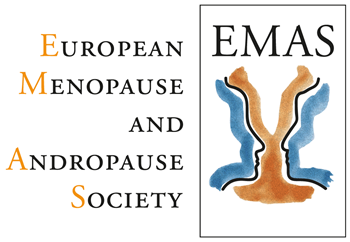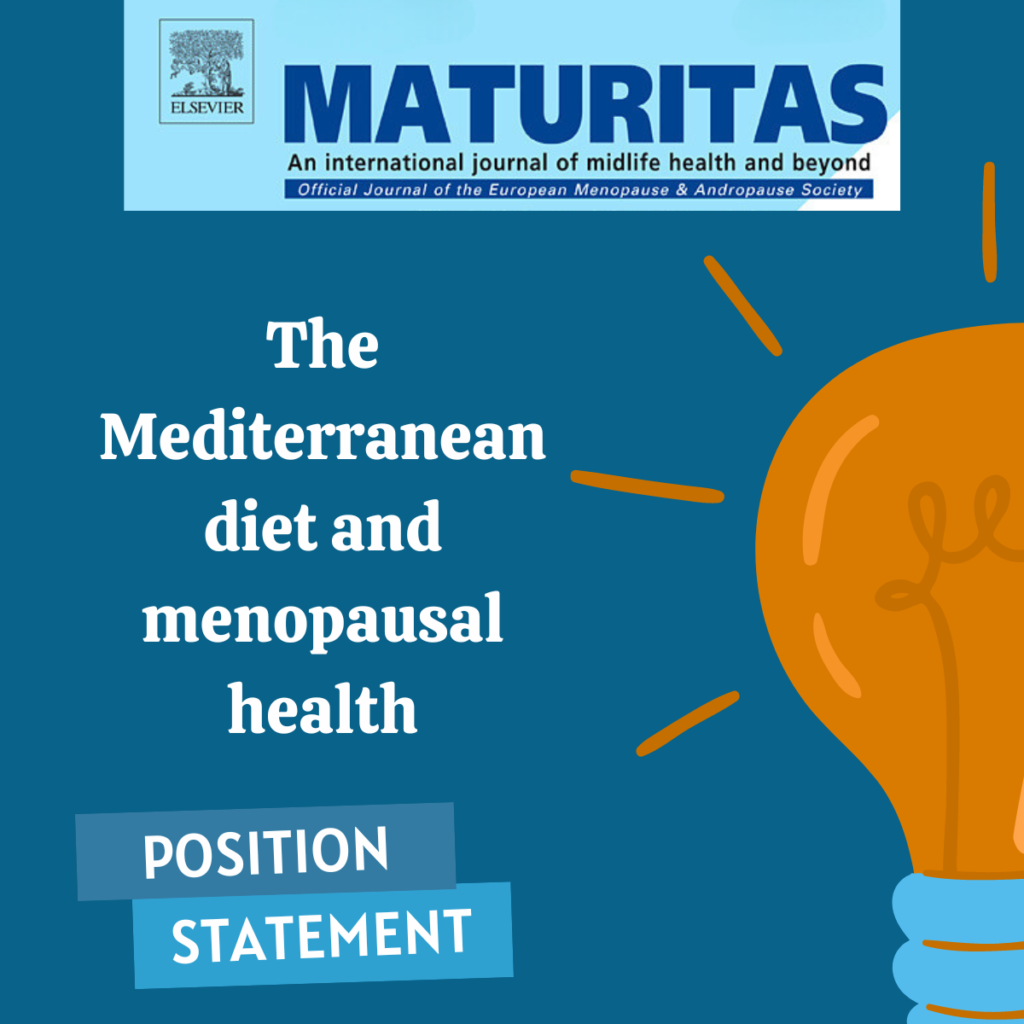Amsterdam, 15 July 2020 – A new position statement by the European Menopause and Andropause Society (EMAS) published in the journal Maturitas summarises the evidence about the Mediterranean Diet and menopausal health.
Women are living longer. In 2020, 985 million women worldwide are aged 50 and over. The figure is expected to rise to 1.65 billion by 2050. Not surprisingly, the immediate and long-term consequences of menopause and ageing present an enormous problem to healthcare systems. There are increasing concerns about diseases such as cardiovascular disease, osteoporosis, dementia, and cognitive decline, which can adversely affect the quality of life and independent living. Optimizing diet is increasingly being accepted as playing a role in the strategies to reduce to promote women’s health at menopause and beyond.
The Mediterranean Diet is the dietary pattern prevailing in the olive-growing areas of the Mediterranean basin. The dietary pattern is plant-dominant, characterized by daily consumption of fruit, vegetables, bread, and other forms of cereals, beans, and seeds, with olive oil and nuts as the principal sources of fat. Dairy products (principally cheese and yoghurt), eggs, and fish are also eaten. Fish consumption varies with the distance to the sea. The Mediterranean Diet includes low to moderate wine intake with meals, and some meat. It is low in saturated fat, as olive oil and nuts are the major sources of fat. As it is a non-restrictive dietary pattern, it has proved broadly acceptable to non-Mediterranean as well as Mediterranean populations.
The effects of the Mediterranean Diet on health have been studied since the 1950s when it was noted that Naples enjoyed lower rates of heart disease. The position statement considers evidence from observational studies and randomized trials and focuses on short-term and long-term menopausal health: estrogen deficiency symptoms such as hot flushes, cardiovascular disease, osteoporosis, cognitive and mental health, breast cancer and all-cause mortality. It concludes that in peri- and post-menopausal women:
Long-term high adherence may:
- reduce cardiovascular risk
- maintain bone health
- help to prevent cognitive decline
- reduce the risk of breast cancer
- reduce the risk of all-cause mortality
Short-term high adherence may:
- improve hot flushes
- improve cardiovascular risk factors such as blood pressure, cholesterol, and blood glucose levels
- improve mood and symptoms of depression.
The Mediterranean diet and menopausal health: an EMAS position statement

